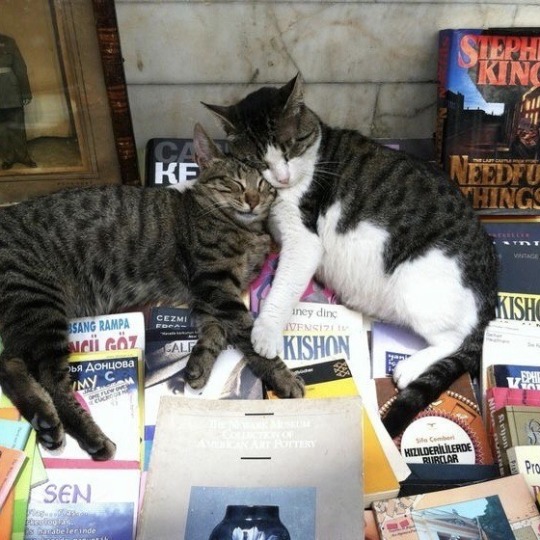Text
those different essays that keep popping up tips
the “why you wanna come here” essay
mention a department you really like, a professor you really like, a lab you really like, a program you really like
sometimes aspects of the school like an extensive research program, an internship program, an interesting major, a school philosophy will stand out (for instance, one school i applied to prided itself on balancing the humanities with STEM, which was a big focus in my essay)
talk about your experience when you visited or how you heard about the school and all the good things
any articles you read on it will help, basically just research a lot, talk about your interview (if applicable), talk about their programs and unique points
it wouldn’t be a bad idea to talk about your interests (briefly) and why that school is uniquely good for you
the “what do you want to study” essay
again, mention a field, or if undecided, then talk about diverse interests
if you have a specific field, talk about your experiences (like for engineering, i talked about robotics and my internship and how that shaped my career path)
overcoming challenges, discovering new interests, creating connections with others, and becoming a leader are all good things to mention here if possible
if you don’t know what to study, thats totally ok, but talk about your different interests, maybe how you plan to proceed with finding a specific course of study, or talk about a program you’re interested in at the school
the “challenge” essay
this essay is a challenge
you really gotta come up with something pretty good or at least try to; try to find something that involves being a leader and taking action/responsibility or maybe going out of your comfort zone.
tell it like a story!! talk about the problem then how you resolved it (ideally it should be a challenge you resolved?? it could also be one that went unresolved but you have to be v careful in that case)
tl;dr show off your good aspects like leadership, keeping calm, trustworthiness, etc etc etc
the “talk about something you haven’t talked about essay
i usually used this one for any topic i wanted to talk about but didnt get the chance to
basically waht i mean is i had three main topics i wanted to hit in every application: my internship, my sport, my music. If i didn’t get a chance to talk about one through an essay, I’d use my talk about whatever essay to talk about it.
why is this double spaced
don’t waste this!!! this is a pretty good spot to show how you’re unique and tell a very “you” story to distinguish yourself from all the other applicants.
but also you can def use like another essay you wrote for another prompt for another school here if you find it appropriate -always make sure to reuse topics and ideas when possible~~
anyways if you guys have any questions about essays or in general, hmu–im p stressed about my own essay anyways :/
12K notes
·
View notes
Text
some sites for when you’re bored and looking for new music
spotalike creates a playlist based on a song
magicplaylist creates a playlist based on a song
dubolt creates a playlist based on an artist
boilthefrog creates a playlist between any two artists
predominant suggests you albums based on cover art color
music-map suggests similar artists
gnoosic suggests similar artists and songs
91K notes
·
View notes
Text
Want to learn something new in 2022??
Absolute beginner adult ballet series (fabulous beginning teacher)
40 piano lessons for beginners (some of the best explanations for piano I’ve ever seen)
Excellent basic crochet video series
Basic knitting (probably the best how to knit video out there)
Pre-Free Figure Skate Levels A-D guides and practice activities (each video builds up with exercises to the actual moves!)
How to draw character faces video (very funny, surprisingly instructive?)
Another drawing character faces video
Literally my favorite art pose hack
Tutorial of how to make a whole ass Stardew Valley esque farming game in Gamemaker Studios 2??
Introduction to flying small aircrafts
French/Dutch/Fishtail braiding
Playing the guitar for beginners (well paced and excellent instructor)
Playing the violin for beginners (really good practical tips mixed in)
Color theory in digital art (not of the children’s hospital variety)
Retake classes you hated but now there’s zero stakes:
Calculus 1 (full semester class)
Learn basic statistics (free textbook)
Introduction to college physics (free textbook)
Introduction to accounting (free textbook)
Learn a language:
Ancient Greek
Latin
Spanish
German
Japanese (grammar guide) (for dummies)
French
Russian (pretty good cyrillic guide!)
317K notes
·
View notes
Text
After yesterday’s post, I have received loads of questions of people asking what the exercise was that fixed my thesis problem. I am sure it also works for some other degrees, but I want to emphasise that I am doing literary studies and that’s what this exercise was designed for.
Essentially, your thesis statement should not start as and never should become a single expression. It is not a fixed point, or a circle, but it should be a triangle with three elements that work together closely, but need to remain seperate from each other in order for you thesis to “mean something”.
So, the triangle. It is basically a thesis generator. Top of the triangle: historical period. Bottom right: Cultural object. Bottom left: Critical/Theoretical Framework. And it is that easy. Let’s fill one out, and you’ll see how easy this is:
Historical period: Can be pretty broad! Let’s take the entire victorian period!
Cultural Object: In the case of literary studies, what work/author are you interested in? Could be one novel, could be three novels, could be all the same author, could be all different authors. Let’s go with Charles Dickens! Maybe three of his novels? Hard Times, Great Expectations, and a Christmas Carol.
Critical/Theoretical Framework: this is what determines the element that you will analyse in the novel. For example, cultural studies, where you would read the novel in it’s cultural context. Reader-response, where you would analyse the reception of the novels. Let’s go with gender studies for the sake of this example though.
Now you’ve got a balanced triangle, which means you’ve also got a balanced research proposal. Just put the elements in an order that makes most sense to you! In this case, for example, I’d go: In this thesis, I will analyse the way Charles Dickens represents women in Victorian England in his novels Hard Times, Great Expectations, and A Christimas Carol.
Although to me that does not sound like the most interesting research, it is a balanced question and great starting point for your thesis! Fill it out with elements you are interested in and you will end up with an idea that is clear enough to at least talk to somebody about. Once you will read more into the topic and talk about it, you can always make your thesis statement more specific, but your triangle will likely stay the same and be a great basis to refer back to when you are stuck.
So, even if you have got an idea for a thesis question, but it does not seem to make sense, check if your triangle is balanced, and make sure it is a triangle and not a single point, keeping them separated is super important! And leaving out one of these elements totally derails the entire thesis.
This might seem super basic to some people, but I hope this helps someone! It definitely helped me :)
44 notes
·
View notes
Text
gentle reminder that nerves don’t mean you can’t do it, just that you care. you got this.
2K notes
·
View notes
Text


When you are a big girl student but you still have to study with books that have pictures and drawings in them because your knowledge of how people legally buy homes and property is that bad. But at least the trees at campus are pretty
231 notes
·
View notes
Text
my advice for the youth of today is go to bed at 10pm. literally nothing else matters
82K notes
·
View notes
Text
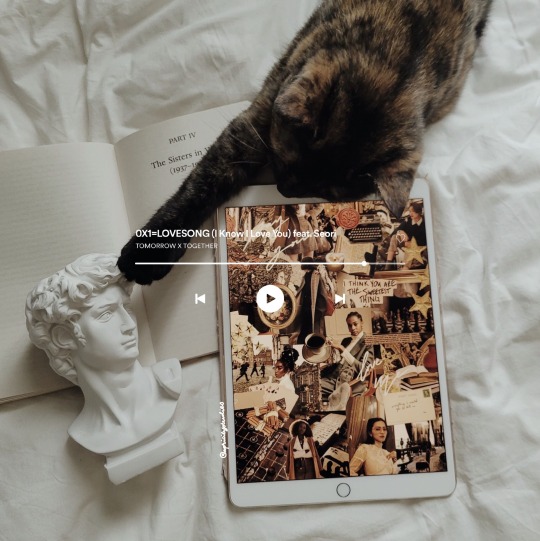
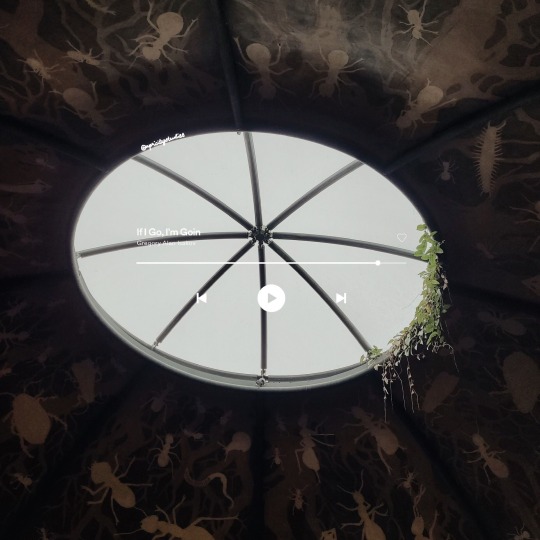


what i've been up to recently: digital collages, rainy day exploring, and reading up on modern chinese history (ft. cat boops)
298 notes
·
View notes
Text
Recently accidentally discovered the best executive dysfunction hack I’ve ever found
Ok so we’ve all heard of tips involving lists, make a list of everything you need to do, cross it out when you’re done, etc.
Well recently next to each item on my list, I wrote down how to start that task. This can be as simple as “get out my notebook and the assignment” or a little more detailed like “open chemistry textbook to page 235 and review the section on gibbs free energy”
Basically, you do all the executive functioning all at once before you start your tasks! Now when you get to the task, your brain doesn’t need to access that executive functioning to figure out how to start, you’ve already done it. Even stupid stuff like “take the assignment out of your backpack” helps a weird amount when it’s written down. Like it helps more than you think it should. I was rolling my eyes up until the point where it worked
15K notes
·
View notes
Text
The university has great corners, especially its light✨🎓


_autumn studying challenge;
🍁8th November - How are you preparing for winter?🍁
I have taken out my thickest and warmest coats and sweaters and I have already been able to enjoy the Christmas drinks.
226 notes
·
View notes
Text
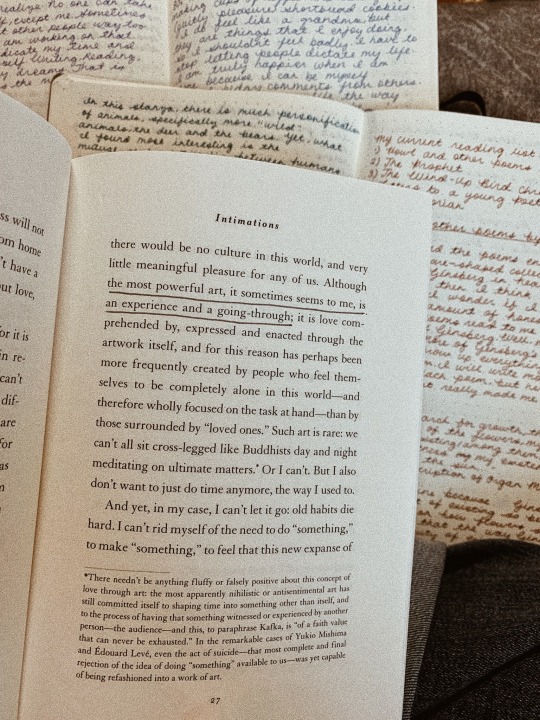
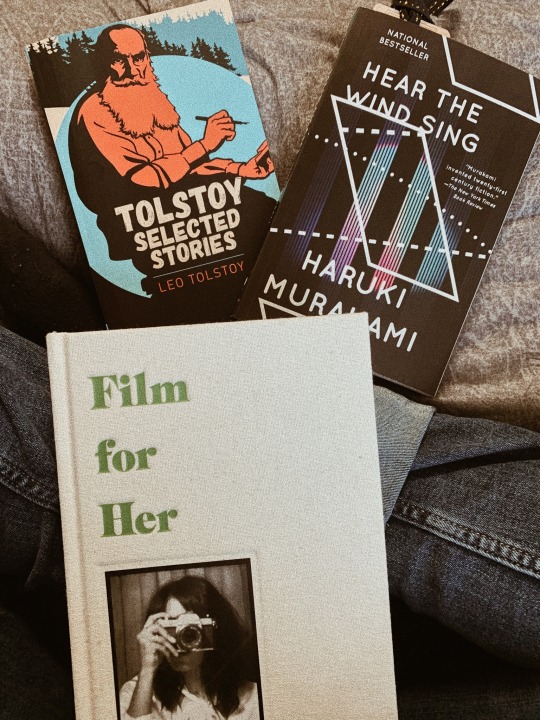
lately…
university has become very busy and demanding. thankfully i still have books to keep me grounded. since i have last posted, i have joined my university’s newspaper and i have begun to work seriously on my poetry. things are slowly falling into place!
my instagram
336 notes
·
View notes
Text
Language Learning Stats
*Different resources give slightly different answers, but in general, these are the results:
Elementary: 1,000 words
Intermediate: 3,000 words
Advanced: 6,000- 8,000 words
Highly educated native fluency: 25,000 words


CEFR Levels:
A1: 550 words
A2: 1100 words
B1: 2200 words
B2: 4400 words
C1: 8800 words
C2: 17600 words
1000 words
1000 words allow you to understand about 80% of the language which surrounds you, as long as it is not too specialized.
In theory, it sounds great. JUST 1000 words and you understand that much! Unfortunately, the remaining 20% is what really matters.
Just look at this sentence:
“I went to the … to buy …. but they told me that they can’t … .’
Sure, you understand a lot of words. But does it really help?
3000 words
3000 words allow you to understand about 95% of most ordinary texts (Hazenberg and Hulstijn, 1996).
It seems like a lot. Sure, on this level, you will be able to hold a decent conversation. You will also be able to get the general ideas and concepts of most of the articles.
BUT…general comprehension is not the same as full comprehension, as it involves some guessing.
Still, there is no shortage of enthusiasts who claim that such level is high enough to start picking up new words from context. However, researchers tend to disagree and say that the “magical” number of words which allows learning from the context is….(drum roll)
5000 words
5000 words allow you to understand about 98% of most ordinary texts (Nation (1990) and Laufer (1997)). Such a vocabulary size warrants also accurate contextual guessing (Coady et al., 1993; Hirsh & Nation, 1992; Laufer, 1997).
It means that you can function surrounded by this language without bigger problems. Sure, you will struggle if you want to formulate your thoughts really precisely, or when you encounter specialized vocabulary.
But other than that, you will be fine.
10,000 words
10,000 words allow you to understand about 99% of most texts (Nation (1990) and Laufer (1997)).
This is the pinnacle of language learning. A counterpart of having the vocabulary of a college graduate.
With that many words, you can express yourself with amazing precision and pass for a native speaker if your accent is good enough.
Wondering what are the most common words to start learning? Here's some help:
(total is about 600 words. add in some grammar and you're off to a great start!)
EXPRESSIONS OF POLITENESS (about 50 expressions)
‘Yes’ and 'no’: yes, no, absolutely, no way, exactly.
Question words: when? where? how? how much? how many? why? what? who? which? whose?
Apologizing: excuse me, sorry to interrupt, well now, I’m afraid so, I’m afraid not.
Meeting and parting: good morning, good afternoon, good evening, hello, goodbye, cheers, see you later, pleased to meet you, nice to have met.
Interjections: please, thank you, don’t mention it, sorry, it’ll be done, I agree, congratulations, thank heavens, nonsense.
NOUNS (about 120 words)
Time: morning, afternoon, evening, night; Sunday, Monday, Tuesday, Wednesday, Thursday, Friday, Saturday; spring, summer, autumn, winter; time, occasion, minute, half-hour, hour, day, week, month, year.
People: family, relative, mother, father, son, daughter, sister, brother, husband, wife; colleague, friend, boyfriend, girlfriend; people, person, human being, man, woman, lady, gentleman, boy, girl, child.
Objects: address, bag, book, car, clothes, key, letter (=to post), light (=lamp), money, name, newspaper, pen, pencil, picture, suitcase, thing, ticket.
Places: place, world, country, town, street, road, school, shop, house, apartment, room, ground; Britain, name of the foreign country, British town-names, foreign town-names.
Abstract: accident, beginning, change, color, damage, fun, half, help, joke, journey, language, English, name of the foreign language, letter (of alphabet), life, love, mistake, news, page, pain, part, question, reason, sort, surprise, way (=method), weather, work.
Other: hand, foot, head, eye, mouth, voice; the left, the right; the top, the bottom, the side; air, water, sun, bread, food, paper, noise.
PREPOSITIONS (about 40 words)
General: of, to, at, for, from, in, on.
Logical: about, according-to, except, like, against, with, without, by, despite, instead of.
Space: into, out of, outside, towards, away from, behind, in front of, beside, next to, between, above, on top of, below, under, underneath, near to, a long way from, through.
Time: after, ago, before, during, since, until.
DETERMINERS (about 80 words)
Articles and numbers: a, the; nos. 0–20; nos. 30–100; nos. 200–1000; last, next, 1st–12th.
Demonstrative: this, that.
Possessive: my, your, his, her, its, our, their.
Quantifiers: all, some, no, any, many, much, more, less, a few, several, whole, a little, a lot of.
Comparators: both, neither, each, every, other, another, same, different, such.
ADJECTIVES (about 80 words)
Color: black, blue, green, red, white, yellow.
Evaluative: bad, good, terrible; important, urgent, necessary; possible, impossible; right, wrong, true.
General: big, little, small, heavy; high, low; hot, cold, warm; easy, difficult; cheap, expensive; clean, dirty; beautiful, funny (=comical), funny (=odd), usual, common (=shared), nice, pretty, wonderful; boring, interesting, dangerous, safe; short, tall, long; new, old; calm, clear, dry; fast, slow; finished, free, full, light (=not dark), open, quiet, ready, strong.
Personal: afraid, alone, angry, certain, cheerful, dead, famous, glad, happy, ill, kind, married, pleased, sorry, stupid, surprised, tired, well, worried, young.
VERBS (about 100 words)
arrive, ask, be, be able to, become, begin, believe, borrow, bring, buy, can, change, check, collect, come, continue, cry, do, drop, eat, fall, feel, find, finish, forget, give, going to, have, have to, hear, help, hold, hope, hurt (oneself), hurt (someone else), keep, know, laugh, learn, leave, lend, let (=allow), lie down, like, listen, live (=be alive), live (=reside), look (at), look for, lose, love, make, may (=permission), may (=possibility), mean, meet, must, need, obtain, open, ought to, pay, play, put, read, remember, say, see, sell, send, should, show, shut, sing, sleep, speak, stand, stay, stop, suggest, take, talk, teach, think, travel, try, understand, use, used to, wait for, walk, want, watch, will, work (=operate), work (=toil), worry, would, write.
PRONOUNS (about 40 words)
Personal: I, you, he, she, it, we, they, one; myself, yourself, himself, herself, itself, ourselves, yourselves, themselves.
Possessive: mine, yours, his, hers, its, ours, theirs.
Demonstrative: this, that.
Universal: everyone, everybody, everything, each, both, all, one, another.
Indefinite: someone, somebody, something, some, a few, a little, more, less; anyone, anybody, anything, any, either, much, many.
Negative: no-one, nobody, nothing, none, neither.
ADVERBS (about 60 words)
Place: here, there, above, over, below, in front, behind, nearby, a long way away, inside, outside, to the right, to the left, somewhere, anywhere, everywhere, nowhere, home, upstairs, downstairs.
Time: now, soon, immediately, quickly, finally, again, once, for a long time, today, generally, sometimes, always, often, before, after, early, late, never, not yet, still, already, then (=at that time), then (=next), yesterday, tomorrow, tonight.
Quantifiers: a little, about (=approximately), almost, at least, completely, very, enough, exactly, just, not, too much, more, less.
Manner: also, especially, gradually, of course, only, otherwise, perhaps, probably, quite, so, then (=therefore), too (=also), unfortunately, very much, well.
CONJUNCTIONS (about 30 words)
Coordinating: and, but, or; as, than, like.
Time & Place: when, while, before, after, since (=time), until; where.
Manner & Logic: how, why, because, since (=because), although, if; what, who, whom, whose, which, that.

2K notes
·
View notes
Text

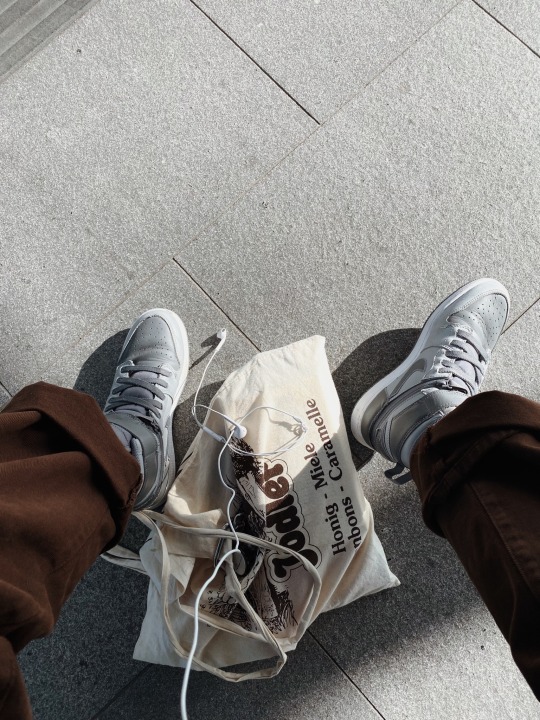

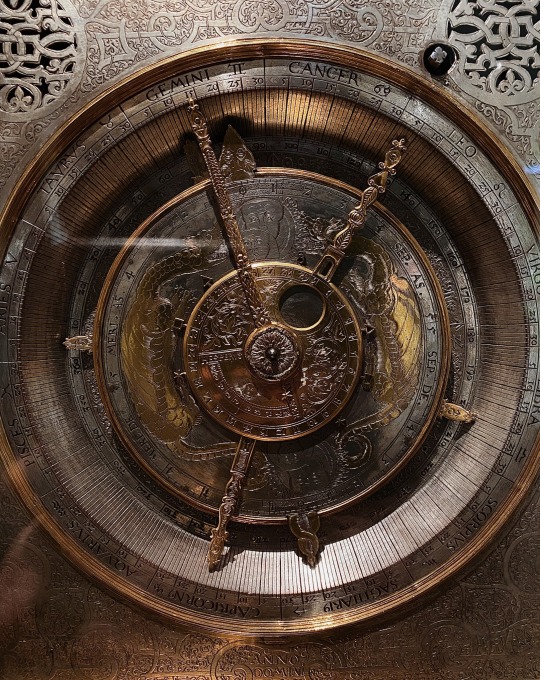
uni started 4 weeks ago and i already feel like i am months behind, the math is not mathin’.
4K notes
·
View notes
Text


12/02/21 • the aesthetic of my life is the same as my alignment: chaotic neutral
2K notes
·
View notes
Text
tips for writing a thesis
Disclaimer: I’m currently writing an honors thesis in the department of political science for my undergrad in university. so i dont know everything
gather your sources
I like physical books, so after I’ve found some sources through my library, I request 3-5 at a time. to get more resources, check out the notes/citations in the book to see where they got their info. and repeat.
stickies
i love sticky notes. when initially combing through a book for info i will write down the first and last word of a quote that supports my thesis on a sticky and stick in on the page (so you dont have to underline/deface the book itself)
a dedicated notebook
it can be a physical notebook or a virtual one. here you can write down all the page numbers / chapters / quotes / key ideas that you want to dive back into. this lets you skim through a lot of material pretty fast and see what you have before really analyzing the texts.
mind maps
these aren’t for everyone, but if you’re juggling a complex topic it might be helpful to organize your ideas after going through your source material. You can do this with mind map websites, a white board, or simply a piece of scratch paper.
index cards
this is a trick my mom taught me (she has a masters in political science). if you’re struggling to organize your ideas in a manner that flows nicely and builds off itself, try writing down the topics you’ll discuss / the titles of graphs or charts / section titles on index cards. you can then move them around to outline how you want to approach the paper before you begin writing.
talk to your advisor
they are smart, talk to them.
take a break and reflect
after absorbing a ton of info, i like to talk a short walk to gather my thoughts and reflect on what i’ve gathered and exactly how i should apply it. this really helps me process my ideas.
I hope these suggestions help you out if you’re starting/considering/in the middle of this process. good luck!
748 notes
·
View notes
Text
this site definitely doesn't allow you to paste the link to any article blocked by a paywall (say, a NYT article) so that you can read it free of charge! that would be illegal and would benefit broke college students too much. it definitely does not do that. promise.
76K notes
·
View notes



